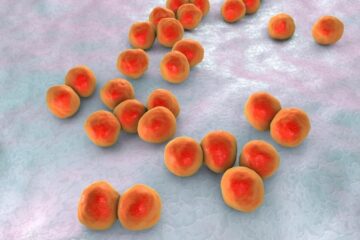Giorgia Guglielmo in Nature:
 Despite their small size, gut bacteria wield large influence over the effectiveness of certain cancer drugs. Researchers have now found that the ratio of specific microbial communities in the gut can help to predict who will respond to next-generation drugs for treating some kinds of cancer1.
Despite their small size, gut bacteria wield large influence over the effectiveness of certain cancer drugs. Researchers have now found that the ratio of specific microbial communities in the gut can help to predict who will respond to next-generation drugs for treating some kinds of cancer1.
The findings will also help to identify healthy volunteers who could donate faecal bacteria to transfer into the intestines of people who do not respond to these drugs, a procedure known as faecal microbiome transplantation, study co-author Laurence Zitvogel, an immunologist and oncologist at the Gustave Roussy Cancer Campus in Villejuif, France, wrote in an e-mail to Nature. The work “is a breakthrough from a diagnostic point of view”, says Fabio Grassi, an immunologist at the Institute for Research in Biomedicine in Bellinzona, Switzerland. The findings, he says, also highlight how the delicate balance of gut microbial species can affect the success of high-stakes therapies, such as immune checkpoint inhibitors. This treatment helps the immune system to recognize and attack cancer cells and is the focus of the new research. The findings were published today in Cell.
More here.
